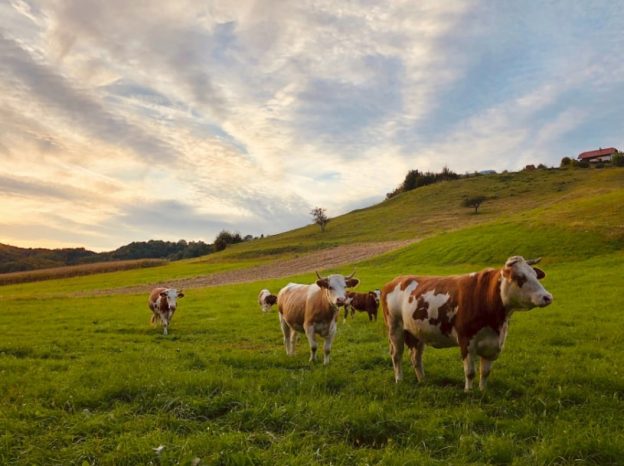Internal parasites are a leading cause of lost production to cattle farmers. In the worst cases they can result in the loss of animals. So, it is important to have a plan in place to tackle them. Wormer will be one of the most important things here. You will need a program to deworm the animals. It must involve using the right wormers and applying them at the right times.
Every deworming program should be bespoke to match the specific herd, location and pasture conditions. However, you may find that what you are doing is not providing the most effective results. If so, the following advice may help.
Test
The first thing you need to do is conduct fecal egg count tests. You should do one before using any kind of dewormer. It will give you an idea of how many parasite eggs there are in manure. You can then use the wormer and do another test afterwards. You can count the program as a success if you see a 95% drop in eggs or more.
Focus on high risk animals
A lot of farmers will deworm the entire herd as part of their program. However, this can be very inefficient. It can mean you are worming animals that don’t even need it. Instead, it is better to focus just on high risk cattle. For example, any animals under 16 months, calves, and pregnant heifers or cows.
Selective non-treatment
Leading on from this, it may be a good idea to reserve part of a herd for non-treatment. The idea here is to maintain a level of parasites that will still be susceptible to the wormer. If you deworm the whole herd every time, all that may be left are parasites that are not susceptible.
Deworm when necessary
Some programs go by the calendar, arranging deworming by the season or time of year. However, this can also be inefficient. Again it means you may be worming when it isn’t necessary. Always test first to evaluate the parasite load. Then if you need to deworm you can do so.
Never under-dose
Sometimes the inefficiency of a program can come down to under-dosing. The most vital thing to remember is you need to adjust wormer dosages to account for the weight of animals. Heavier ones need a higher dose. So, it is a really good idea to weigh animals before worming. If you can’t do this accurately with scales, a rough guess with a weight tape is better than blind assumption.
Look at grazing
Finally, it may be grazing conditions that are causing issues here. For example, overstocking can mean animals are eating closer to manure. That increases the risk of exposure. It can also happen if you let animals over-graze a pasture. What you need to do is ensure you are stocking properly to give cattle enough space. You also need to rotate pastures effectively.
Ask us for advice about wormer
There are lots of recommendations out there for deworming cattle and how to do it efficiently. You should take the time to look and consider your plan. It is much better than overspending to deworm animals if they don’t need it. This also reduces the risk of herds building a tolerance for the dewormers.
JS Hubbuck Ltd is proud to support UK cattle farmers. We have access to some high quality wormer products. You can use them to treat your herds and reduce the risk of losses to parasites. If you have any questions about them or need recommendations, please contact us.

